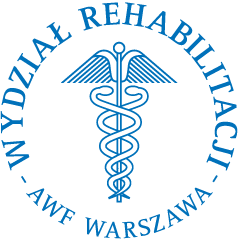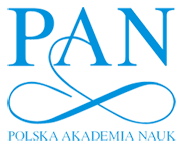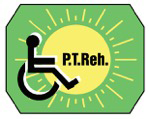


|
Current issue
Archive
Manuscripts accepted
About the journal
Editorial board
Reviewers
Abstracting and indexing
Contact
Instructions for authors
Publication charge
Ethical standards and procedures
Editorial System
Submit your Manuscript
|
3/2024
vol. 38 abstract:
Original article
Cooperation between a physiotherapist and an occupational therapist in the rehabilitation process after cervical spine injury: a case study
Advances in Rehabilitation,2024,38(3),1-6
Online publish date: 2024/08/16
View
full text
Get citation
ENW EndNote
BIB JabRef, Mendeley
RIS Papers, Reference Manager, RefWorks, Zotero
AMA
APA
Chicago
Harvard
MLA
Vancouver
Introduction
Spinal cord injuries (SCI) are a common medical and socioeconomic problem. Early, holistic care by a specialized medical team can improve the functional condition of patients, reduce the risk of complications and hasten their return to everyday activities. The described case presents the possibilities for cooperation between the members of an interdisciplinary team, and highlights the differences between interventions supporting the client's therapeutic successes. Material and methods A 39-year-old man with quadriparesis started rehabilitation three weeks after a cervical spine injury. Initially, he could not stabilize his trunk and head on his own (Barthel scale score 0). An individually-tailored program was planned, including cooperation with physiotherapists (PT), an occupational therapist (OT) and a psychologist. Results After 15 weeks of the rehabilitation program, independence and functioning improved (Barthel scale - score 65). The client noticed improvement in transferring with assistance, eating meals independently and moving around the building using a wheelchair. He indicated that he was now less afraid of returning home due to his improved ability to perform everyday activities. Conclusions To achieve the expected effects, physiotherapists and occupational therapists often use similar methods and techniques. Correct communication and cooperation between PT and OT not only allows for mutual complementation of activities, it is also necessary for achieving the intended therapeutic effects. keywords:
activity of daily living, multidisciplinary team, rehabilitation, spinal cord injury |
    |